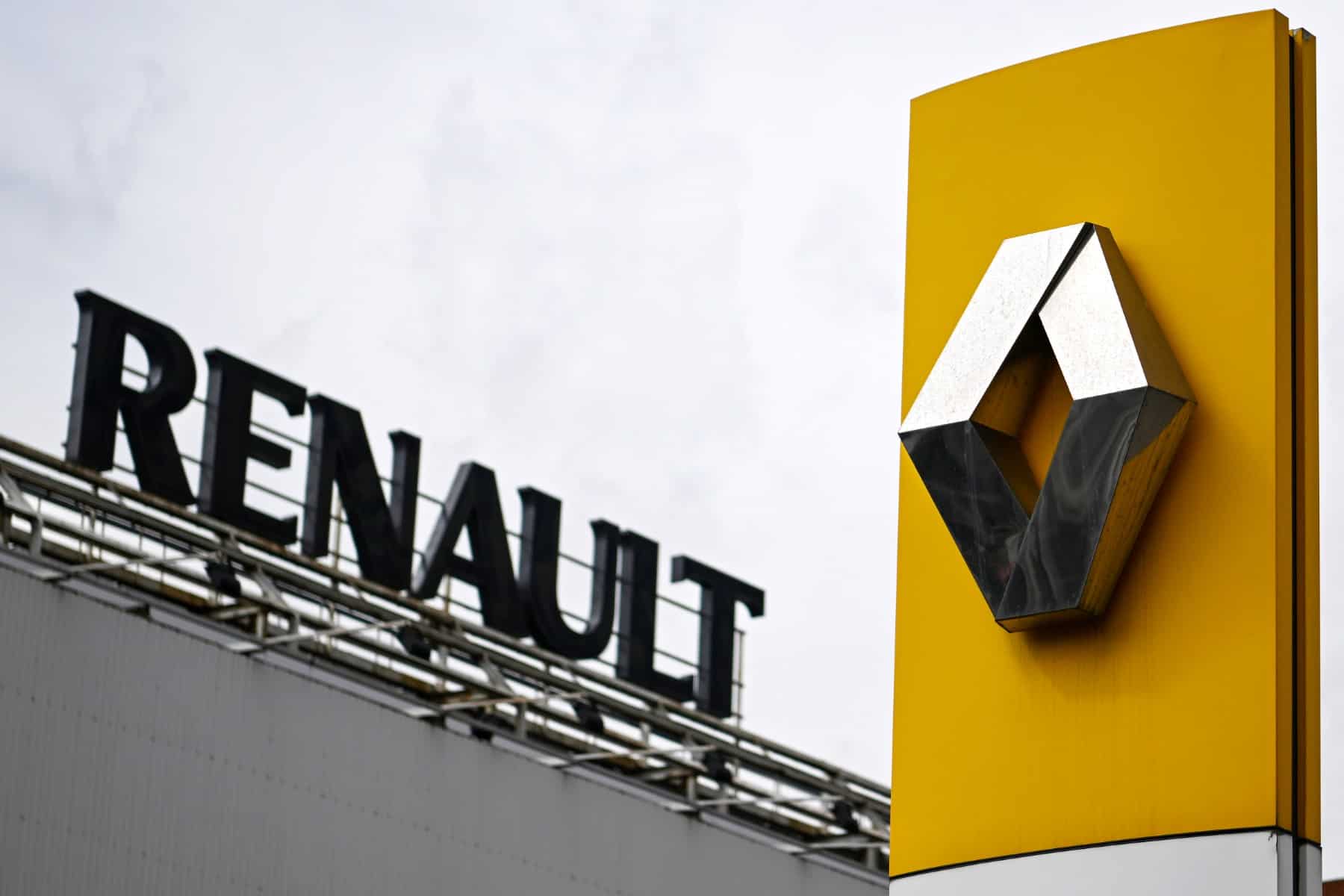“Agreements were signed on the transfer of Russian assets of the Renault Group to the Russian Federation and the government of Moscow,” the industry and trade ministry said in a statement on Monday.
Under the agreement Renault will retain a six-year option to buy back the stake in AvtoVAZ.
The deal also included Renault’s Moscow plant, Avtoframos, which makes Renault and Nissan models.
“Today, we have taken a difficult but necessary decision; and we are making a responsible choice towards our 45,000 employees in Russia, while preserving the Group’s performance and our ability to return to the country in the future, in a different context,” Renault chief executive Luca de Meo said in a statement.
Contacted by AFP, Renault refused to confirm whether it had sold its Russian assets for one ruble.
Thanks to AvtoVAZ, Russia was Renault Group’s second-largest market behind Europe last year, with around half a million vehicles sold.
‘New page in history’
Moscow mayor Sergei Sobyanin said production of passenger cars at the Renault plant would resume under the Soviet-era Moskvich brand after the French automaker decided to close it.
“This is its right, but we cannot allow thousands of workers to be left without work,” Sobyanin said in a statement.
“In 2022, we will open a new page in the history of Moskvich,” he added.
“We will try to keep most of the team directly working at the plant and with its subcontractors.”
Since President Vladimir Putin sent troops into Ukraine in late February, Renault has had difficulty keeping its operations going due to a lack of components following the imposition of Western sanctions.
Ukrainian President Volodymyr Zelensky in March called on Renault and other French companies to quit Russia. Kyiv also urged a boycott of Renault vehicles until it pulls out of Russia.
On February 24, Putin ordered Russian troops to pour into pro-Western Ukraine, triggering unprecedented Western sanctions against Russia and sparking an exodus of foreign corporations including H&M, McDonald’s and Ikea.
The authorities said they were ready to nationalize foreign assets, and some officials assured Russians that their favorite brands would have domestic alternatives.
Officials in Moscow have sought to downplay the gravity of the Western sanctions, promising that Russia will adapt and taking steps to stop the flight of foreign currency and capital.








